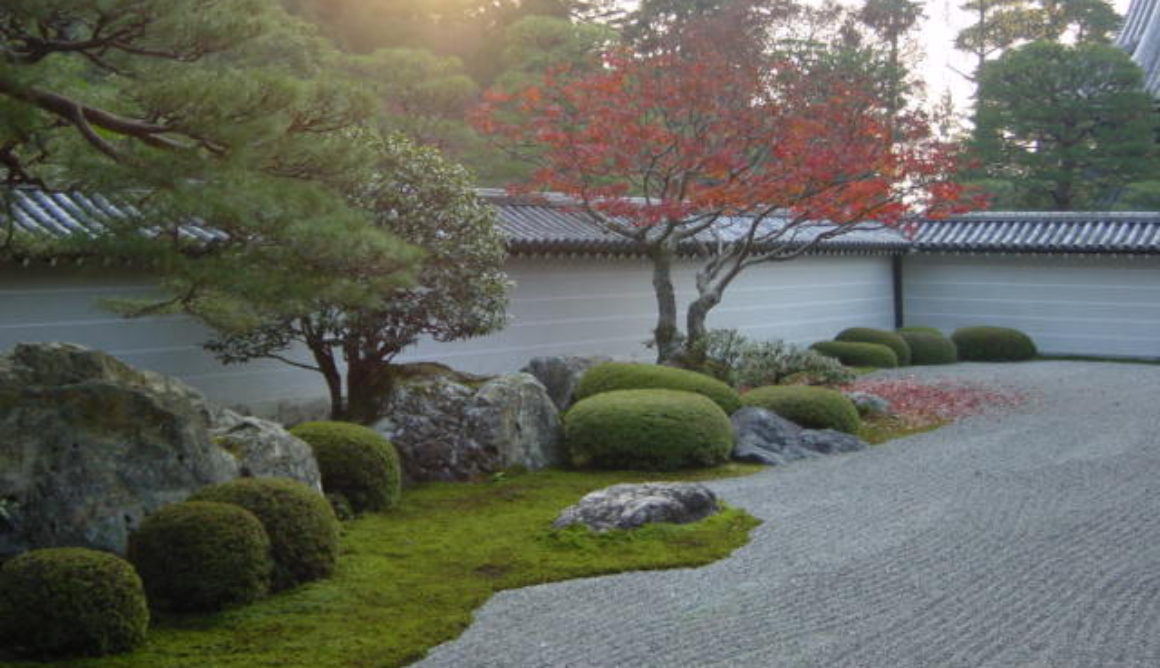How to navigate yoga as a sceptic
Skeptics have – according to Wikipedia – “generally a questioning attitude or doubt towards one of more putative instances of knowledge which are asserted to mere belief or doubt”
Given that yoga in its broadest form has been molded by and split of in different variations by the various cultures and religions it has encountered in its over 2500 history, a skeptic can have a field day and easily dismiss yoga as mumbo jumbo.
However, this would be a mistake. Yoga has many benefits and in my experience everybody can find something in yoga that can help improve their life once you look past or ignore the more esoteric elements. It might be worthwhile to look at it like Greek mythology – filled with impossible events, gods, goddesses all to explain the world. Besides being very enjoyable to experience if you let go of your skepticism for a short period, it ultimately birthed the Greek philosophers and even the term skepticism itself
This does not imply you need to stop being a skeptic at all. Overall the yoga community would benefit from a bit more skepticism given the recent scandals with Bikram, etc
So how to navigate yoga as a skeptic: the key tenet is to park your skepticism for a short period (very important to not do it permanently) specifically when
- Encountering references to religion – given its origin yoga teacher can incorporate various Indian Gods and Goddesses – or esoteric concepts like chakras and nadis – energy centers and channels. I will be publishing various blogs on these type of topics from a skeptical perspective, separating the mumbo jumbo from the benefits
- You are trying to find a narrow definition: skeptics like things defined narrowly and precise, as a narrowly defined hypothesis can be proven wrong. Unfortunately there are no narrow definitions in yoga and as a lot of its theory is founded in Sanskrit – which allows for multiple interpretations – it will be impossible to find one as well. The benefit of this is that it allows you to tweak
So start by just enjoying the experience – enjoy the class, go with the (vinyasa) flow, check afterwards whether you benefitted from it and if so how, and only then go into skeptical analysis mode to better understand the underlying principle of the experience, what is belief and what is real knowledge. Then decide whether that class, mediation, teacher, concept of yoga is something you would like to continue working with – in some cases accepting that the teacher might throw in some in your opinion out-there references.
Just to be sure – any touching in yoga should always be done with prior consent of the yogi and any touching of private parts is not yoga
